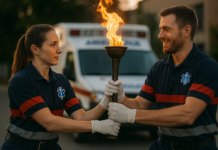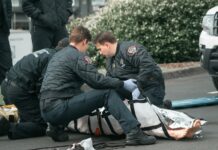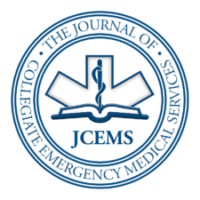Poster Presentation Abstract
Introduction: Occurring during the last week of winter recess, Harvard University’s Wintersession offers enrichment programming. Similar programs exist in various other colleges, including Brown University, Wellesley College, and Ithaca College. Harvard Crimson EMS saw Wintersession as an opportunity to reach students who are too busy during the school year to learn bystander intervention skills. Consequently, the organization piloted a series of Wintersession workshops for the first time this year.
Program Development & Implementation: Over the period of a month, Crimson EMS planned workshops that occurred from 10 AM-3 PM on January 22-25, 2019. Students earned national certifications in AHA CPR Heartsaver/First Aid and Stop the Bleed. Crimson EMS instructors used a curriculum based on prior outreach efforts. Lectures were conducted with PowerPoint presentations and skills practice with manikins or with partners and instructors. The total budget for the program was $450. Registration was capped at 15 students based on the number of available instructors. Crimson EMS primarily publicized the program through social media.
Program Evaluation: 14 students attended. Crimson EMS solicited free response feedback as well as Likert scale ratings with 1 representing “poor” and 5 “excellent” to evaluate the program. At least 40% of participants had no prior experience to the skills taught. On average, participants rated the overall program a 4.2 (SD=0.8), with the ratings for specific workshops ranging from 3.9 (SD=1.4) for common collegiate EMS cases to 4.8 (SD=0.3) for cardiopulmonary resuscitation. Participants gave the lectures a 3.9 (SD=1.1) and the skills practice sections a 5.0 (SD=0.0).
Discussion/Conclusions: Based on participant responses, we plan to include additional skills training in future workshops and publicize the program through more platforms and for a longer period of time. This Wintersession represents a new avenue for Crimson EMS to promote collegiate EMS and educate community members about important, life-saving skills to reduce the barrier to bystander intervention.








